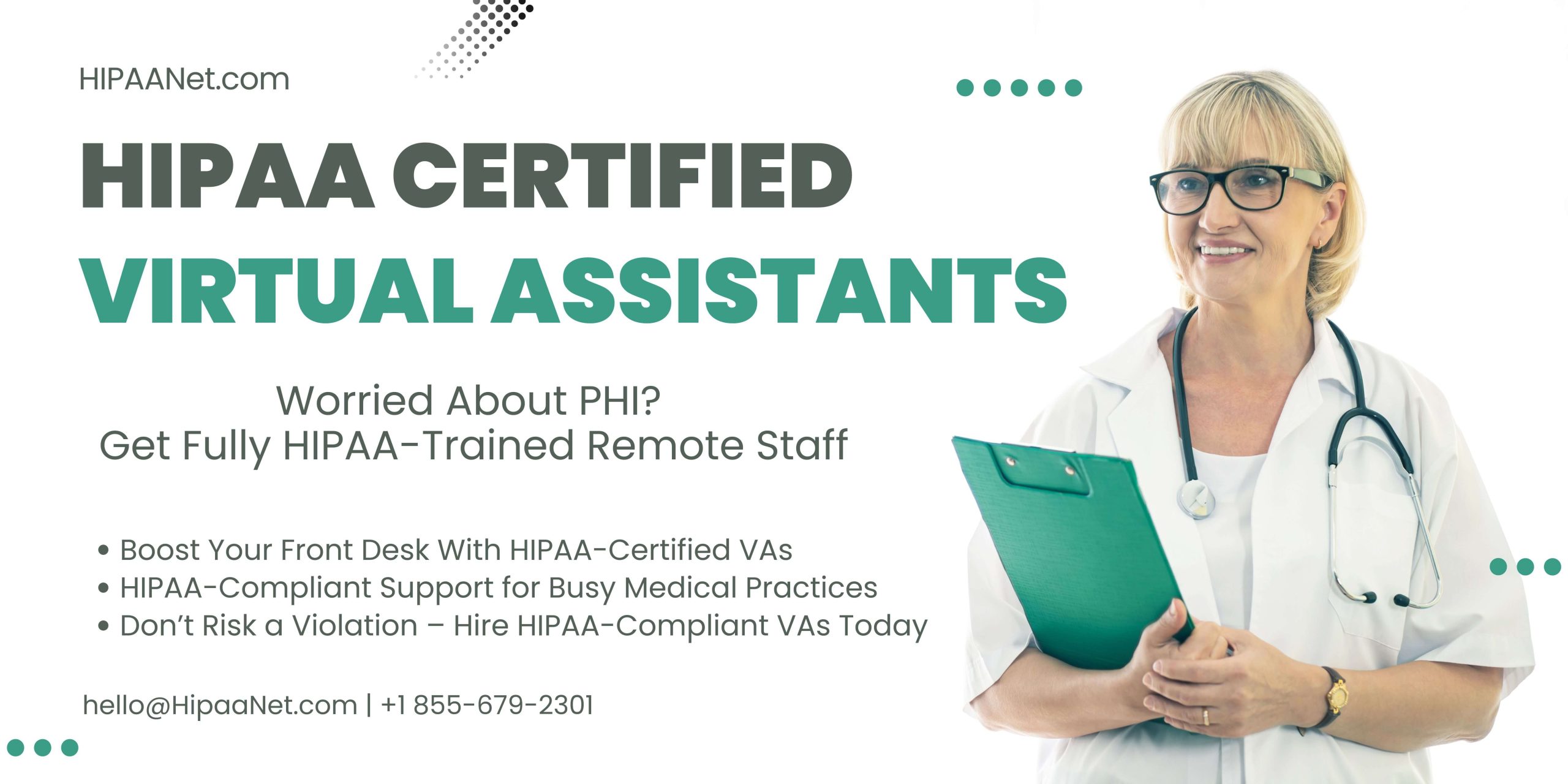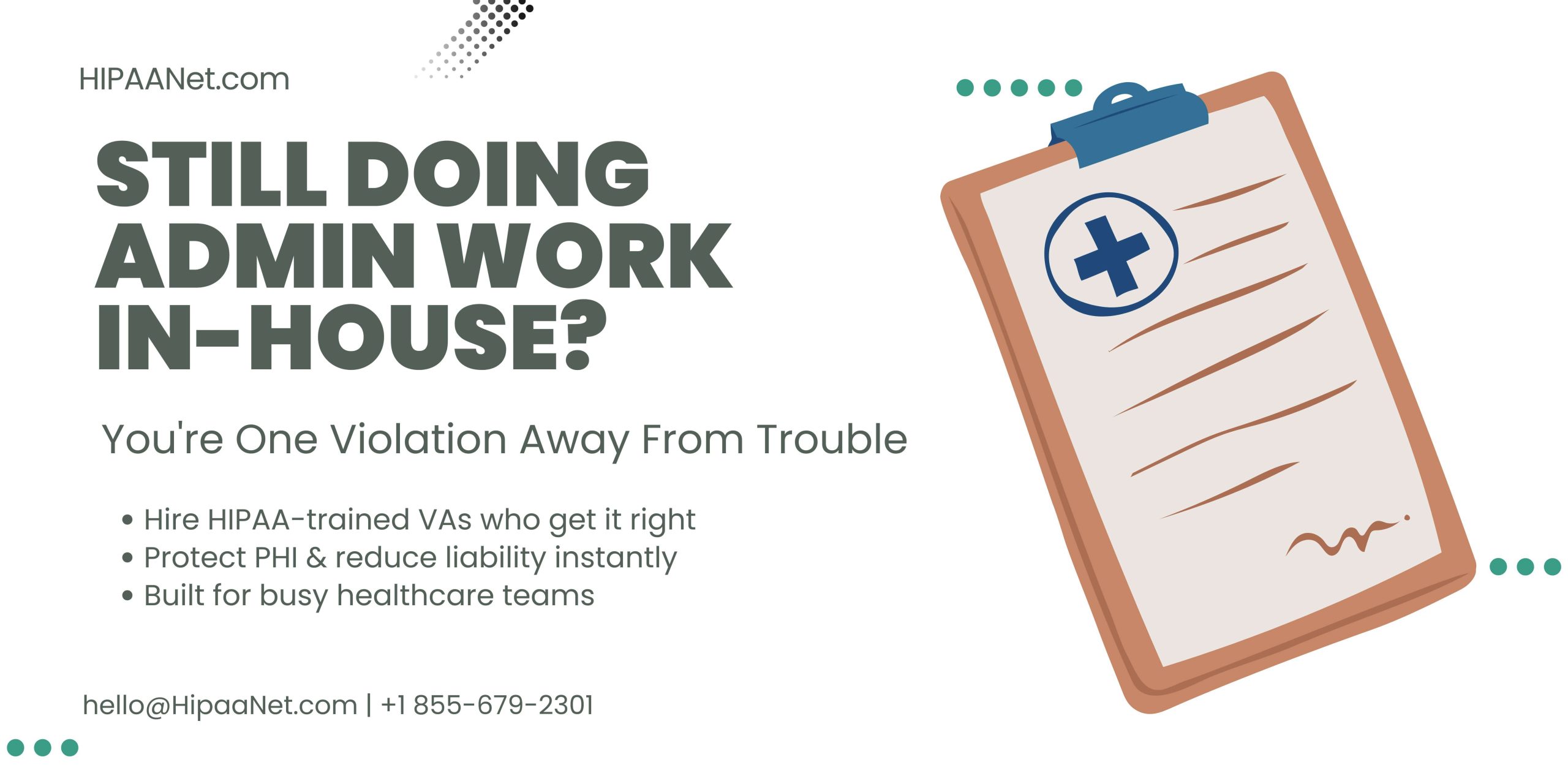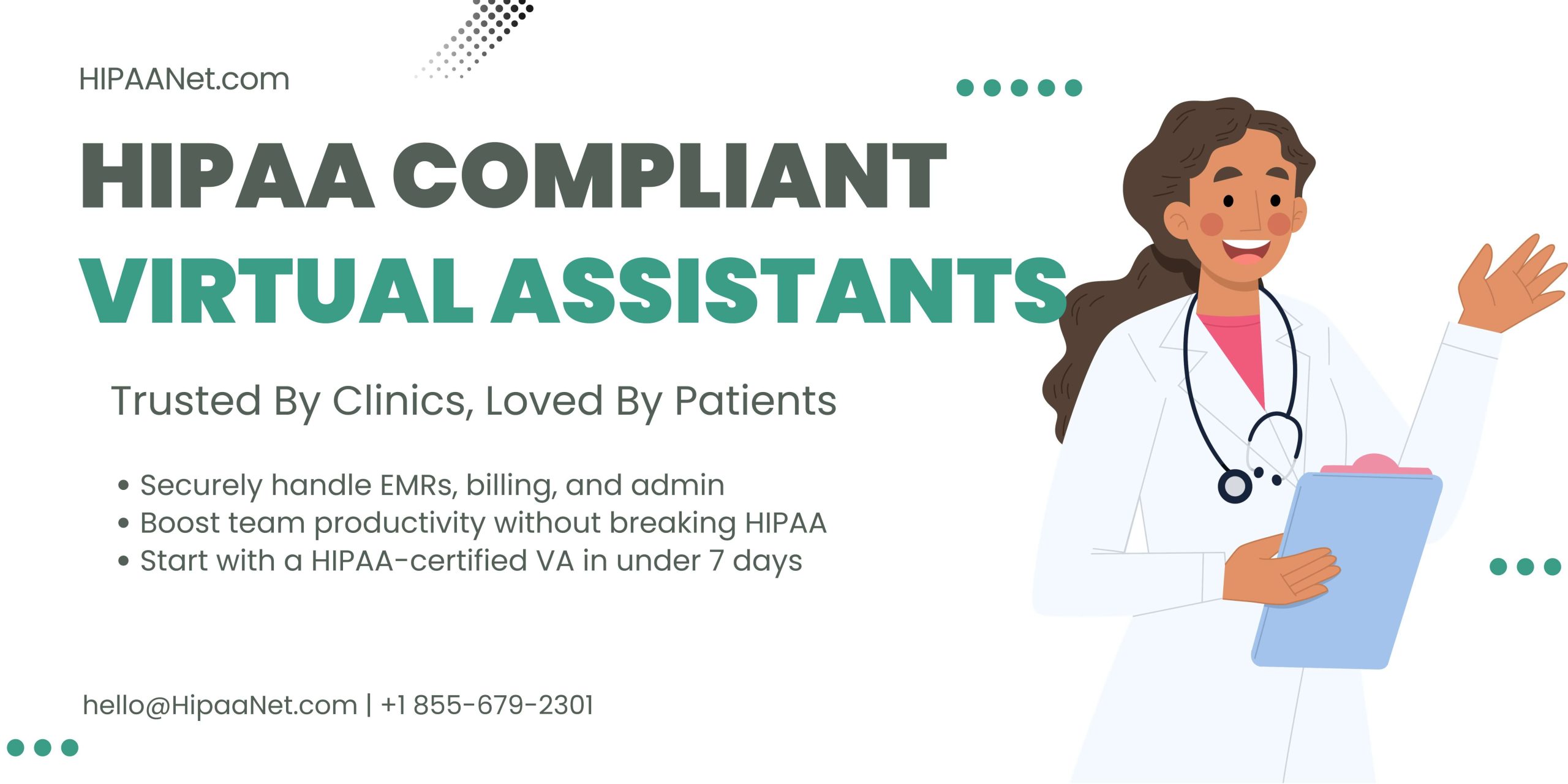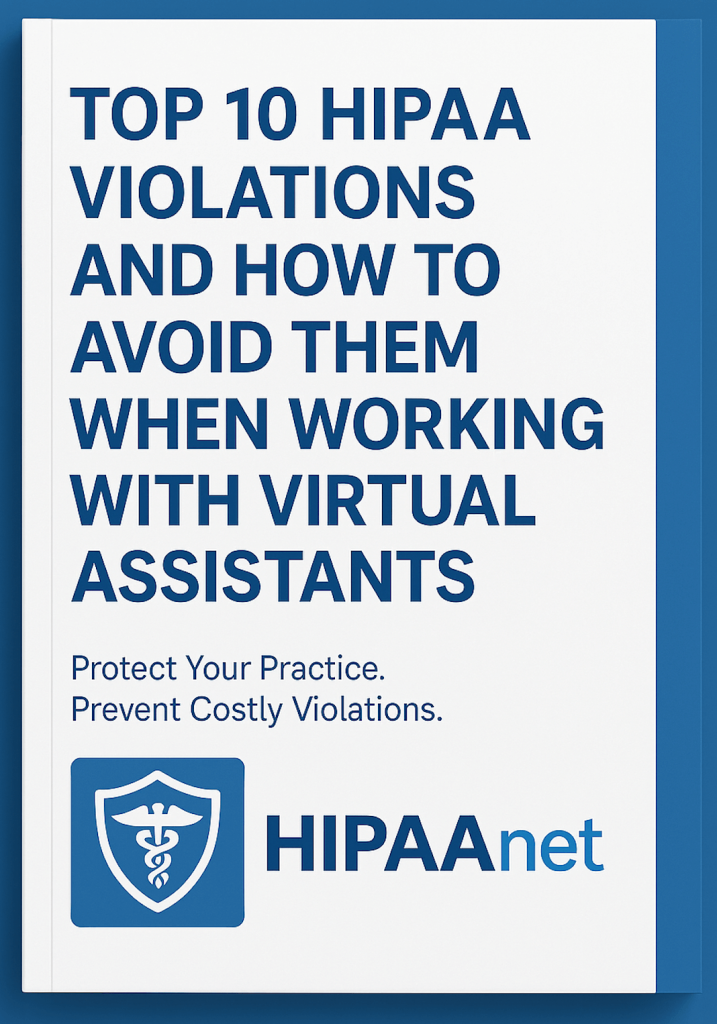Managing a healthcare practice comes with many challenges. From patient records to billing and admin tasks, the workload can be overwhelming. Virtual assistant plans simplify operations, saving time and money. They streamline processes while maintaining high-quality service.
With these solutions, practices can focus more on patient care. Efficient and cost-effective, they reduce operational stress.
Virtual assistants are the smart way to enhance productivity in healthcare.
What are Cost Saving Virtual Assistant Plans?
A cost-saving virtual assistant plan involves assigning trained, HIPAA-certified professionals to handle your practice’s back-office tasks remotely. From medical billing and coding to patient scheduling, these virtual assistants bring expertise directly to your digital systems without the overhead costs of in-house staff.
By outsourcing essential operations, practices can lower expenses, reduce errors, and focus their energy where it matters most: patient care.
What are the qualifications of the virtual assistants?
Virtual assistants from leading providers like HIPAANet are HIPAA-certified and trained extensively in healthcare-specific tasks. They often possess over 10 years of experience in the industry.
How does outsourcing affect compliance and data security?
With encrypted portals and regular compliance audits, reputable virtual assistant services adhere to HIPAA guidelines, ensuring total security for your patient data.
What if my practice needs customized processes?
Providers like HIPAANet offer tailored solutions, including custom onboarding procedures and standard operating protocols that fit seamlessly with your practice.
Why Virtual Assistants Are a Smart Choice
Healthcare providers face unique challenges, from increasing regulatory demands to staffing shortages. Here are some clear benefits of using virtual assistants in your practice.
1. Reduced Labor Costs
Recruiting, training, and retaining healthcare staff can be expensive. On average, hiring an in-house employee costs thousands of dollars annually in salary and benefits. Virtual assistants, however, offer a fraction of that cost while delivering the same expertise.
2. Compliance and Security
Privacy laws like HIPAA make it crucial to protect patient data. By choosing a HIPAA-certified virtual assistant like those at HIPAANet, you ensure compliance with industry standards. This means your practice is safe from costly data breaches and fines.
3. Increased Efficiency
With a virtual assistant handling time-consuming tasks like claims management or data entry, you can optimize your operations. Spend less time on admin and more time improving patient outcomes.
4. Flexibility
Your staffing needs can shift depending on patient volumes, seasonality, or industry demands. Virtual assistants give you the flexibility to scale services up or down based on what your practice requires.
Key Features of Virtual Assistant Plans
If you’re considering adding a virtual assistant to your team, here’s what a comprehensive plan typically includes.
1. Administrative Support
Virtual assistants handle essential administrative tasks such as scheduling, appointment confirmations, and managing patient records. By taking over these time-consuming responsibilities, they help streamline your daily operations and ensure your focus remains on patient care. Their meticulous attention to detail reduces errors and keeps your practice running smoothly.
2. Medical Billing and Coding
Accurate billing and coding are critical for timely reimbursements. Virtual assistants trained in medical billing and coding can ensure that all claims are submitted correctly and follow up on outstanding payments. This improves cash flow and minimizes financial discrepancies within your practice.
3. Appointment Scheduling and Management
Efficient appointment scheduling ensures patient satisfaction and reduces no-shows. Virtual assistants can coordinate calendars, send out reminders, and accommodate rescheduling requests, saving time for both your staff and patients. This creates a reliable and seamless booking experience.
4. Handling Insurance Verification
Verifying insurance coverage can be a tedious process that detracts from other critical activities. Virtual assistants can take over this process by reaching out to insurance providers and confirming benefits for patients. This ensures transparency and avoids potential billing conflicts.
5. Patient Communication
Responding to patient inquiries and following up on treatment plans are crucial to maintaining strong patient relationships. Virtual assistants can manage phone calls, emails, and messages, ensuring patients receive timely and professional communication. This level of responsiveness boosts patient loyalty.
6. Data Entry and Record Maintenance
Keeping patient records accurate and up-to-date is key for compliance and care continuity. Virtual assistants can handle data entry tasks and ensure that electronic health records (EHR) are well-maintained. They employ diligence to ensure patient data integrity and confidentiality.
7. Marketing Support
Growing your practice requires a strong digital presence. Virtual assistants can assist with managing marketing campaigns, creating social media posts, and handling email outreach. By working on these tasks, they help attract new patients and retain existing ones while you focus on healthcare delivery.
8. Inventory and Supply Management
Maintaining proper inventory levels of medical supplies is essential for a well-functioning practice. Virtual assistants can track supply usage, place restock orders, and ensure you never run out of critical materials. This allows your team to avoid disruptions and maintain a steady workflow.
9. Data Analytics Reporting
Tracking and analyzing practice performance is crucial to identifying areas for improvement. Virtual assistants can prepare detailed reports on patient volumes, appointment trends, and financial performance. These insights empower you to make data-driven decisions for better outcomes.
10. Specialized Task Assistance
Beyond general tasks, virtual assistants can be trained for specific needs unique to your practice. Whether it’s assisting with telehealth technology, creating custom patient resources, or handling confidential projects, they adapt to your requirements, bringing versatility to your team.
To give you an idea of the ROI on virtual assistants, consider these industry stats.
- Practices save 30-50% on operational costs when opting for virtual assistants.
- 90% of claims processed through accurate coding see quicker approvals.
- Outsourced billing can recover 40% faster reimbursements compared to in-house efforts.
These numbers show how outsourcing administrative tasks isn’t just a convenience but a financial necessity for practices aiming to thrive.
Why Choose HIPAANet for Outsourcing
- Our virtual assistants bring over 10 years of expertise in healthcare practices.
- HIPAA trained and certified, we ensure patient data stays secure and compliant.
- Cut operational costs by up to 50% without sacrificing quality.
- From billing to patient calls, we manage the details so you can prioritize patient care.
- Seamlessly integrate personalized workflows into your practice management software.






